I participated in the Voice of Democracy essay contest, which was sponsored by the Veterans of Foreign Wars, along with tens of thousands of other high school students nationwide during my senior year (1969–70). Freedom’s Challenge was the theme for that year.
I was thrilled when I won for the whole state of Missouri and traveled to Washington, D.C., to compete in the national finals. Although I lost, I got to see our government in action.
I traveled to well-known sites. I had a lot of political encounters. I even had a picture taken of myself with President Richard Nixon alone. For an eighteen-year-old farm lad from Missouri, it was heady stuff. For me, it was a defining experience as well.
The VFW ensured that the state winners’ five days in Washington were both enjoyable and quite instructive. I began to see the concepts I had vaguely acquired in my first-year civics class come to life and gain more meaning.
I realized that my Voice of Democracy entry had merely touched the surface of the real scope of the freedom struggle. Since then, I’ve kept struggling with that difficulty and writing about it.
The highest level visionaries who founded our country had no illusions about how simple it would be to set up and maintain what they thought would be the greatest system of governance the world had ever seen.
According to the account, Elizabeth Willing Powel, the wife of Philadelphia’s mayor, questioned Benjamin Franklin about the type of government that had been established at the end of the Constitutional Convention (1787). “A republic, if you can keep it,” Franklin retorted.
The U.S. Constitution, an extraordinary document; the rule of law and due process, two fundamental procedural ideas; and a host of other carefully thought-out values, rights, and protections were the foundations upon which our country’s founders built their ideal government.
Premise of innocence, protection from self-incrimination, probable cause before arrest, search, or seizure, freedom of religion and government neutrality toward religion, freedom of speech, freedom of the press, freedom of peaceful assembly, freedom to petition the government for redress of grievances, and a system of checks and balances to guarantee that no one and none of the three equal branches of government would wield excessive power are just a few of these.
The Bill of Rights, which defined many of the values mentioned above along with many more, was established immediately after the U.S. Constitution was ratified.
The kind of governance our country’s founders aimed to establish made their vision remarkable. However, their vision also acknowledged early on the lingering threats that might quickly make such a government worthless. In summary, perpetual vigilance is the cost of liberty.
The Declaration of Independence was adopted on July 4, 1776, by delegates of the 13 American colonies, who were aware of the enormous task that lay ahead. And like Benjamin Franklin, leaders of the recently freed colonies meticulously crafted our constitution, understanding that freedom is brittle and that constant vigilance must be the guiding principle.
President Abraham Lincoln was emphasizing both the tremendous danger that liberty always faces and the remedy—vigilance—when he said during the Civil War that government of the people, by the people, for the people must not be allowed to vanish from the earth. Furthermore, such attention goes beyond simple observation. It necessitates prompt reactions to what is seen.
Parades, fireworks, flag flying, patriotic music, park picnics, backyard cookouts, pool parties, and other equally delightful family and community events are all fantastic, helpful, and essential on Independence Day. But what guarantees that the freedom we cherish will be preserved for future generations is an informed, devoted, and watchful electorate.
The biggest obstacle to freedom has been and will continue to be the need for unwavering vigilance during every period of acute vulnerability that our country has experienced in its 249-year history.
From 2011 to 2022, James Coffin, a clergyman in semi-retirement, served as the Interfaith Council of Central Florida’s executive director.
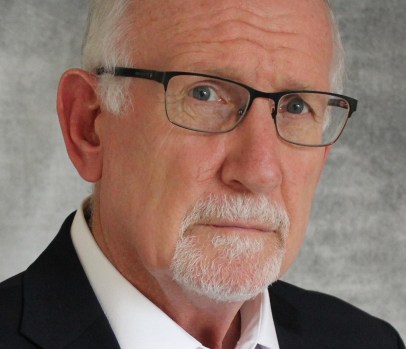
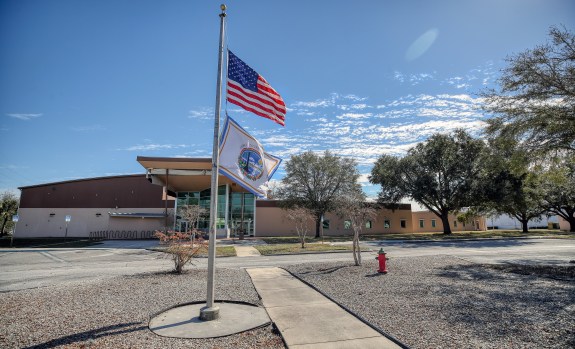
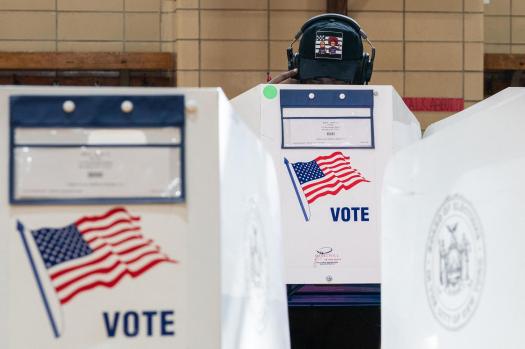
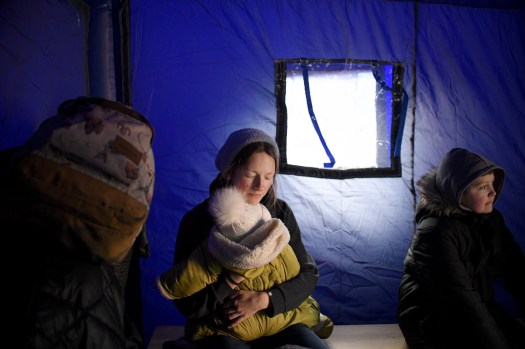
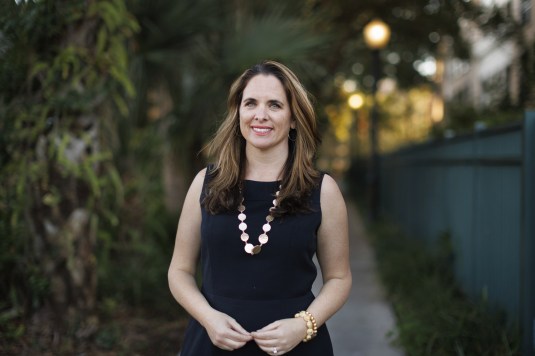
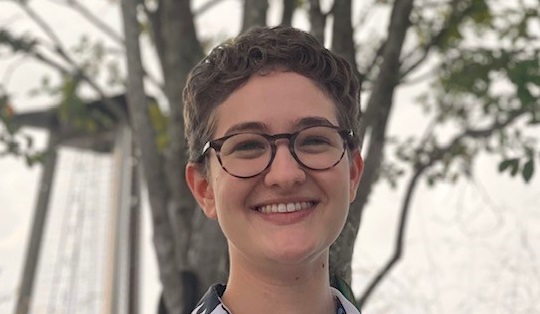






Commentary: As kids return to school, Florida continues to lead in education | Paul Renner